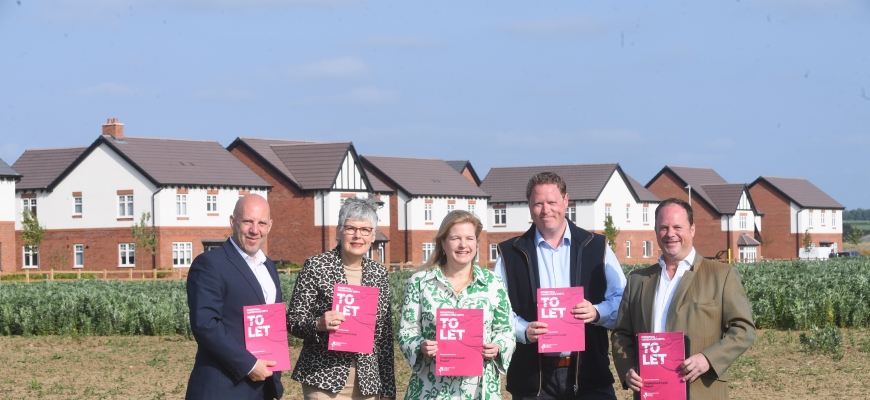
A major new report says economic growth in Coventry and Warwickshire is being put in jeopardy by a shortage of employment land.
The Coventry and Warwickshire Chamber of Commerce has launched an eight-page report into the lack of provision for companies of all sizes and sectors and is writing to each council and MP across the patch to highlight the critical issue.
The report says that companies in the region are struggling to find adequate and affordable space which is holding them back from expansion. This is causing a lag in the local economy and also preventing new jobs being created.
Elsewhere, the report, which has been produced in conjunction with regional property experts who are part of the Chamber’s Employment Land Panel, says there is evidence that some inward investors are choosing to move into other regions due to lack of options in Coventry and Warwickshire.
The report finds that not only is there a current shortfall, there is a distinct lack of future provision for employment space which will lead to a long-term impact on the regional economy.
The Chamber is hoping the report will begin a cross-regional conversation to address the issue so that Coventry and Warwickshire is geared up with the right space to create the right jobs for the city’s and the county’s workforce.
They also want it to lead to more sustainable development of employment space.
Corin Crane, chief executive of the Coventry and Warwickshire Chamber of Commerce, said: “As a Chamber of Commerce, we understand the vital role that employment land plays in driving the economy, creating quality jobs, and attracting new investment.
“By ensuring a sufficient supply of employment land, we can foster an environment where businesses in Coventry and Warwickshire can expand and thrive.
“This, in turn, leads to the creation of new job opportunities across various sectors, providing income and stability for individuals and families in our region. The availability of employment land enables businesses to scale up their operations, innovate, and contribute to the local economy by generating tax revenue.
“In addition to economic benefits, employment land can also support the green and net-zero agenda. By strategically designing and developing employment sites with sustainability in mind, we can minimise environmental impacts, reduce carbon emissions, and promote eco-friendly practices among businesses.
“This aligns with the broader national and international efforts to combat climate change and transition to a greener, more sustainable future.
“It is vital we resolve the critical matter of employment land supply and the provision of commercial premises for all sectors of our economy. This needs to be done through a co-ordinated, cross-boundary, cross-authority approach.
“This is now reaching a crucial phase because it is stifling the opportunities of businesses to expand and boost our local economy as well as attract inward investors who are choosing to locate in neighbouring counties where there is a greater supply of infrastructure-ready employment land of all types.
“After consulting our members and partners on the Local Plans of our Local Authorities, District and Borough Councils, we have summarised our initial findings in this new report which includes proposals on a unified approach to tackling these urgent issues and suggesting ways of resolving some of the time-sensitive employment land problems that the area is currently facing.
“On the back of the report, we want to ensure that we bring everyone together to make sure that employment land is front and centre of future development plans for the whole region.”
David Penn, of Bromwich Hardy – and a member of the Chamber’s Employment Land Panel – added: “It’s been clear that we’ve had a chronic shortage of land for jobs for many years. There has been insufficient construction of factories and warehouses of all sizes and insufficient land for storage uses such as haulage, wood yards, coach companies, waste and
recycling, builders’ merchants, timber merchants and many others.
“This is at the same time as strong demand for such uses, particularly since Covid because of higher levels of online shopping and direct delivery.
“Those sites that have been allocated through Local Authority Local Plans have inevitably been taken up in bulk for large scale logistics, leaving very little for the development of buildings for small to medium-sized companies.”
For more information on the campaign go to: https://www.cw-chamber.co.uk/about-us/policy-campaigns/employment-land-report/
Pictured (left to right): Corin Crane (Chamber), Karen Shuter (Exact Logistics), Lucy Quibell (Holt Property), Jonathan Thompson (Jonathan Thompson Land & Consultancy), David Penn (Bromwich Hardy).
